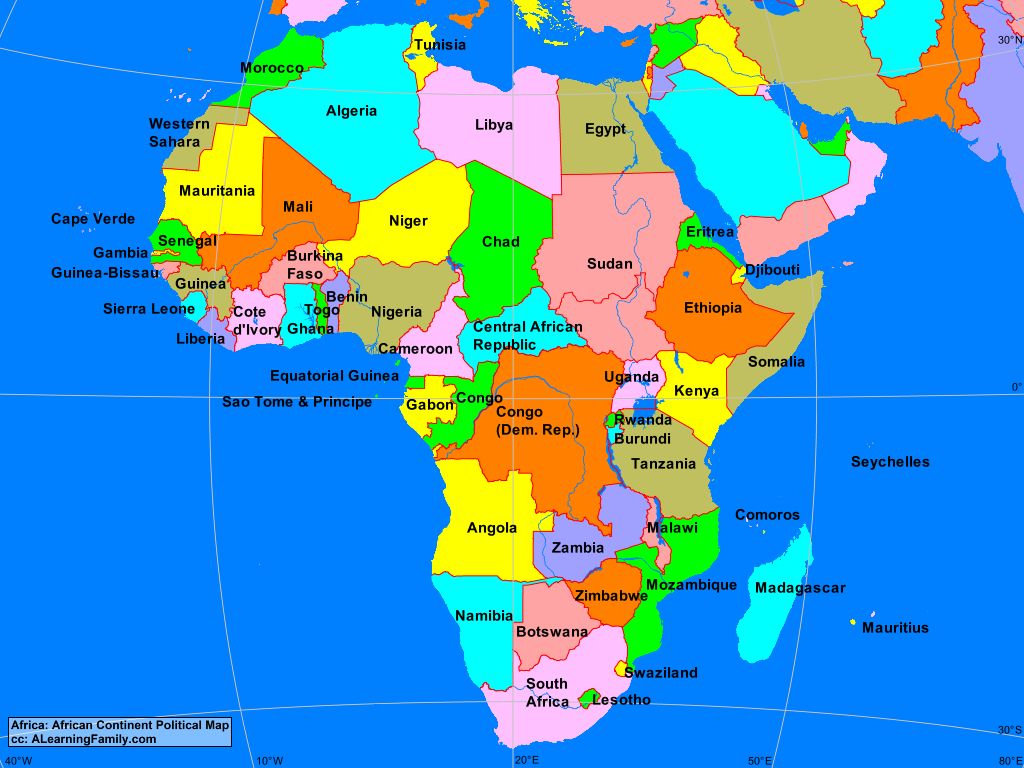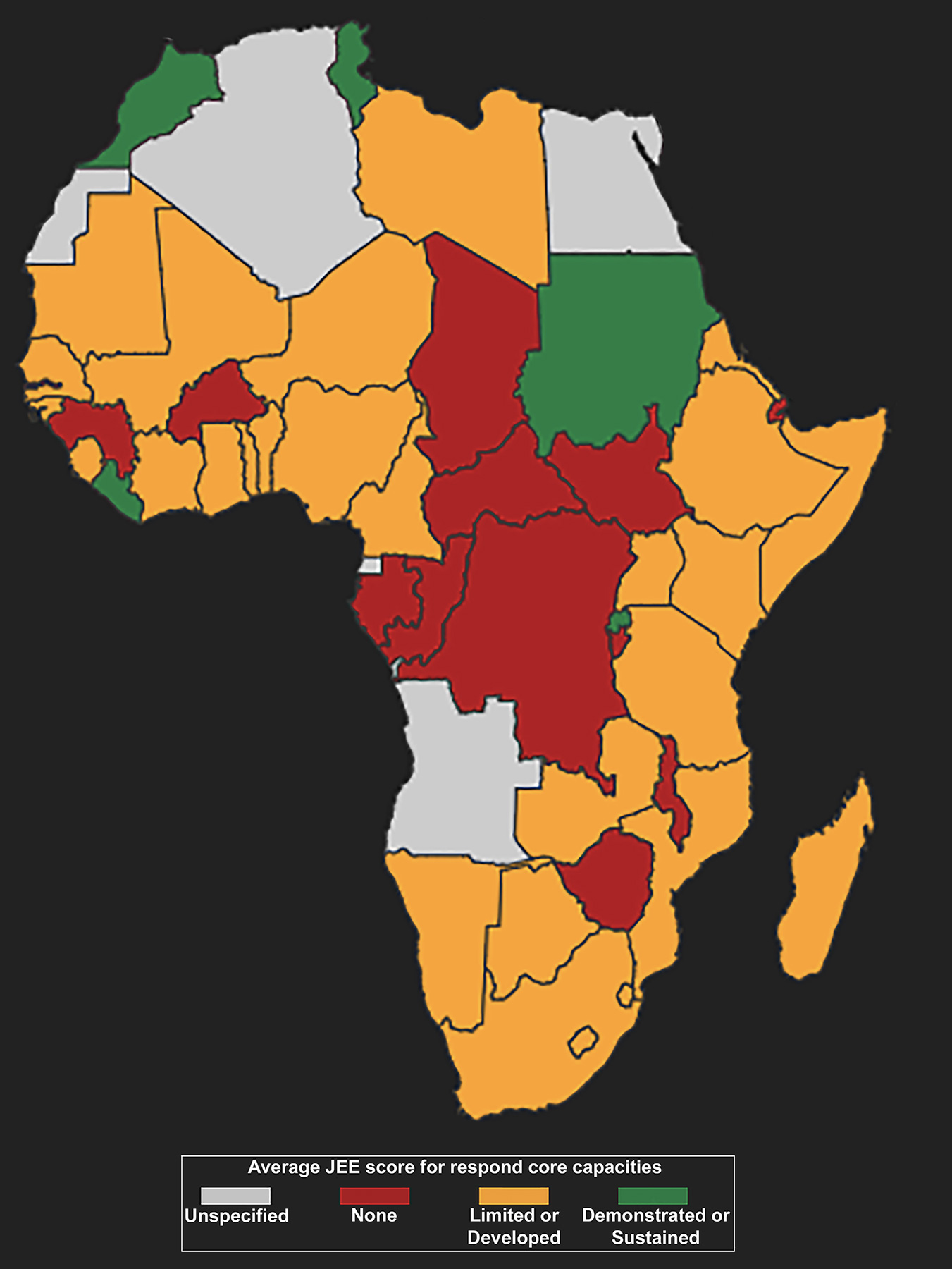The threats hanging over the African continent with regard to the spread of Covid-19 demand our individual and collective attention.

The situation is critical. Yet this is not about mitigating another African humanitarian crisis, but to diffuse the potentially damaging effects of a virus that has shaken the global order and put under question the bases of our living together.
The coronavirus pandemic lays bare that which well-to-do middle classes in African cities have thus far refused to confront.
In the past 10 years, various media, intellectuals, politicians and international financial institutions have clung to an idea of an Africa on the move, of Africa as the new frontier of capitalist expansion; an Africa on the path to “emerging” with growth rates that are the envy of northern countries.
Such a representation, repeated at will to the point of becoming a received truth, has been torn apart by a crisis that has not entirely revealed the extent of its destructive potential.
At the same time, any prospect of an inclusive multilateralism ostensibly kept alive by years of treaty-making is forbidding.
Read Also: Coronavirus: “Africa Should Prepare For The Worst” – WHO (Video)
The global order is disintegrating before our very eyes, giving way to a vicious geopolitical tussle. The new context of economic war of all against all leaves out countries of the Global South stranded. Once again we are reminded of their perennial status in the world order in the making: that of docile spectators.

Like a tectonic storm, the Covid-19 pandemic threatens to shatter the foundations of states and institutions whose failings have been ignored for too long.
It is impossible to list these, suffice it to mention chronic under-investment in public health and research, the mismanagement of public finances, the prioritisation of road and airport infrastructures at the expense of human well-being.
All of this has been the object of an abundance of specialised research, except that it seems to have escaped attention in spheres of governance on the continent. The management of the ongoing crisis constitutes the most glaring evidence of this gap.
The necessity to govern with compassion: Adopting the securitarian model of “containment” of northern countries often without much care to specific contexts many African countries have imposed a brutal lockdown upon their populations; violation of curfew measures has been met with police violence.
If such containment measures have met the agreement of middle classes shielded from crowded living conditions, with some having the possibility to work from home, they have proved punitive and disruptive for those whose survival depends on informal activities.
Read Also: COVID-19: Governor Offers Free Alcohol As Part Of Food Packs
Let’s be clear: we are not advocating an impossible choice between economic security versus health security but we wish to insist on the necessity for African governments to take into account the chronic precarity that characterises the majority of their populations.
As a continent that is familiar with outbreaks, Africa has a head start in the management of large-scale health crises. But it should gird itself against complacency.

Civil society organisations have shown tremendous solidarity and creativity. Despite the great dynamism of individual actors, these initiatives could in no way make up for the chronic unpreparedness and the structural deficiencies that states themselves will have to mitigate.
Rather than sit idle and wait for better fortune, we must endeavor to rethink the basis of our common destiny from our own specific historical and social context and the resources we have.
Our belief is that “emergency” cannot and should not constitute a mode of governance. We must instead be seized by the real urgency to reform public policy to make them work in favour of African populations and according to African priorities.
In short, it is imperative to put forth the value of every human being regardless of status, over and beyond any logic of profit-making, domination or power capture.
Beyond the state of emergency: African leaders can and should propose to their societies a new political idea of Africa. For this is a question of survival and not a matter of rhetorical flourish.
Serious reflections are needed on the functioning of state institutions, on the function of a state and the place of juridical norms in the distribution and the balancing of power. This is best achieved on the basis of ideas adapted to realities across the continent.
The realisation of the second wave of our political independence will depend on political creativity as well as our capacity to take charge of our common destiny. Once again, various isolated efforts are already bearing fruit. They deserve to be heeded, debated and encouraged.
Pan-Africanism also needs a new lease of life. It has to be reconciled with its original inspiration after years of shortcomings. If progress on continental integration has been slow, the reason has much to do with an orientation informed by the orthodoxy of market liberalism.
In consequence, the coronavirus pandemic reveals the deficit of a collective continental response in the health and other sectors. More than ever, we call upon leaders to ponder the necessity to adopt a concerted approach to governance sectors related to public health, research in all disciplines and to public policy.
In the same vein, health has to be conceived of as an essential public good, the status of health workers needs to be enhanced, hospital infrastructure needs to be upgraded to a level that allows everybody, including leaders, to receive adequate treatment in Africa. Failure to implement these reforms would be cataclysmic.
This letter is a small reminder, a reiteration of the obvious: that the African continent must take its destiny back into its own hands. For it is in the most trying moments that new and innovative orientations must be explored and lasting solutions adopted.
This letter is addressed to leaders of all walks of life, to the people of Africa and to all those that are committed to rethinking the continent.
We invite them to seize the opportunity of the coronavirus crisis to join efforts in rethinking an African state in the service of the well-being of its people, to break with a model of development based on the vicious cycle of indebtedness, to break with the orthodox vision of growth for the sake of growth and of profit for the sake of profit.
The challenge for Africa is no less than the restoration of its intellectual freedom and a capacity to create without which no sovereignty is conceivable.
It is to break with the outsourcing of our sovereign prerogatives, to reconnect with local configurations, to break with sterile imitation, to adapt science, technology and research to our context, to elaborate institutions on the basis of our specificities and our resources, to adopt an inclusive governance framework and endogenous development, to create value in Africa in order to reduce our systemic dependence.
Read Also: New Coronavirus Drug To Be Tested In Africa – Drogba And Samuel Eto’O Reacts
More crucially, it is essential to remember that Africa has sufficient materials and human resources to build a shared prosperity on an egalitarian basis and in respect of the dignity of each and everyone.
The dearth of political will and the extractive practices of external actors can no longer be used as an excuse for inaction. We no longer have a choice; we need a radical change in direction. Now is the time!
Source: Daily Sun
Post Disclaimer
The opinions, beliefs and viewpoints expressed by the author and forum participants on this website do not necessarily reflect the opinions, beliefs and viewpoints of Anaedo Online or official policies of the Anaedo Online.

